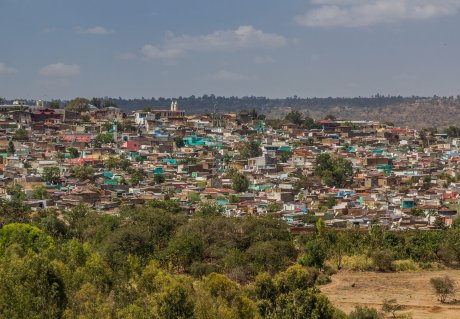
Roots of Health and Educational Inequalities
Why do people live healthier and longer lives in some countries than in others? Why do people in some countries have more opportunities for educational advancement than others? And how do health and education affect broader development processes? The ability to live a healthy life and expand one’s knowledge and skills depends on factors that operate over long periods of time.
Transitions to societies with universal access to modern health care, sanitation and education are lengthy processes that take many decades or even centuries. States play a crucial role in establishing health and education infrastructures, but so do other actors such as religious organizations. Furthermore, large-scale shocks caused by epidemics, political revolutions or military conflicts have long-term consequences on health and education outcomes.
Besides broad societal considerations, individual decisions also matter. Health is transmitted between generations via nutrition and habit formation. The degree to which educational inequalities are transmitted across generations depends on possibilities for social mobility. Therefore, our research combines the long-term analysis of slow-moving societal factors (e.g., institutional change and public policy) and individual-level elements (e.g., age, gender, norms), with a comparative perspective that examines countries or regions in different stages of development.


